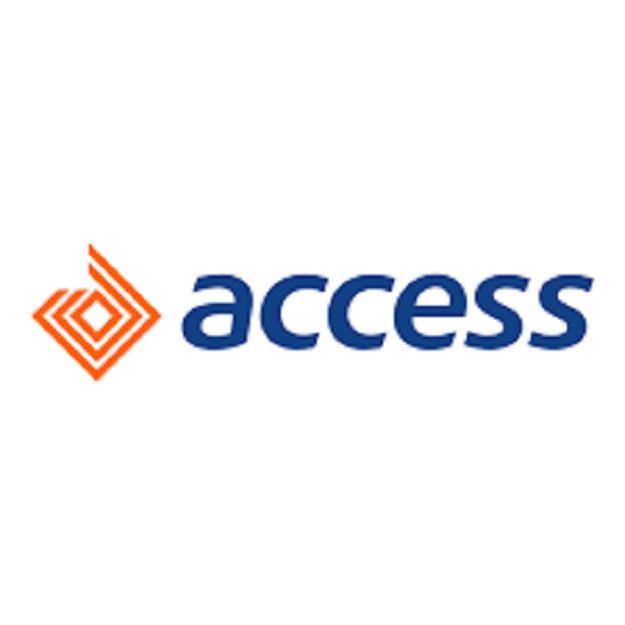Despite a record ₦193.5 billion investment in technology aimed at curbing financial fraud, Access Holdings Plc—the parent company of Access Bank—continues to face mounting challenges in its fight against cybercrime and fraudulent activities across its digital platforms.
The investment, which marked a 147% increase from the previous year, was widely lauded as the highest IT expenditure in Nigeria’s banking sector in 2024. However, recent data has cast doubt on the effectiveness of the bank’s aggressive digital defense strategy.
According to industry reports, Access Bank recorded 11,410 successful fraud incidents in 2024, amounting to a financial loss of ₦3.5 billion. While this represents a decrease in total monetary losses compared to the ₦8.6 billion recorded in 2023, the sharp rise in successful fraud attempts—from 6,634 in 2023 to over 11,000 in 2024—raises critical concerns about the reliability of the bank’s fraud prevention systems.
Security analysts argue that the increase in the volume of fraud cases, despite the massive capital injection into cybersecurity infrastructure, suggests that criminals may be outpacing the bank’s defensive mechanisms.
Access Holdings maintains that its investment has delivered results, citing a reduction in overall fraud losses. “Our customers’ trust is our most valuable asset,” said Bolaji Agbede, Acting Group Chief Executive Officer of Access Holdings Plc. “We have chosen to lead with innovation and resilience, and the results reflect our commitment.”
However, industry observers point out that a heavy focus on technology alone may not be sufficient. Insider threats, employee lapses, and inadequate customer education remain major gaps that sophisticated fraud detection software cannot fully address.
Nigeria’s financial landscape is under increasing pressure as digital fraud surges. Data from the Nigeria Inter-Bank Settlement System (NIBSS) reveals a 112% spike in fraud incidents nationwide between 2019 and 2023, highlighting the limitations of technological investment without a parallel emphasis on process, policy, and people.
As cybercriminals continue to evolve, there is growing consensus that banks like Access must expand their counter-fraud strategies beyond IT budgets to include enhanced regulatory compliance, staff training, customer awareness, and deeper threat intelligence capabilities.
Access Bank’s situation underscores the broader vulnerability of the banking sector in the face of increasingly sophisticated digital threats—raising questions about how secure customers truly are, despite the promises of high-tech protections.
![]()






























































